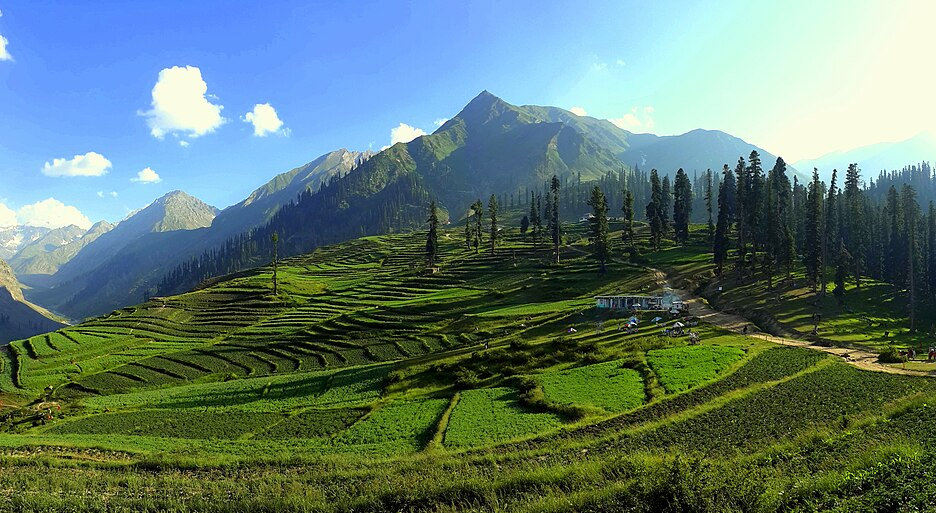Pakistan’s federal cabinet has approved regulations for the Khyber Pakhtunkhwa (KP) province aimed at advancing industrial hemp and medicinal cannabis production. The rules are the first provincial guidelines ratified under the federal Cannabis Control and Regulatory Authority Act, 2024, and mark a milestone in Pakistan’s bid to build a regulated cannabis economy.
The rules empower the newly created federal agency, the Cannabis Control and Regulatory Authority (CCRA) to issue licenses, monitor compliance, and enforce restrictions across the cannabis supply chain, from cultivation and extraction to manufacturing and sales. With a THC limit set at 0.3% in line with international norms, the regulation is designed to promote safe, legal hemp-based products while aligning with global standards, according to the government.
Hemp province
Khyber Pakhtunkhwa (KP), a mountainous province in northwestern Pakistan, is emerging as a significant player in Pakistan’s developing hemp industry. While the sector is still in its early stages, several key individuals and organizations are actively involved in hemp cultivation and research within the province. The province has taken a leading role since Pakistan first legalized industrial hemp in 2020.
Backed by the federal government, KP initiated pilot cultivation projects in 2022 and by 2023 was offering incentives to private companies to invest in processing infrastructure. Local enterprises are reportedly already exporting hemp textiles and wellness products, benefiting from the province’s favorable terrain, climate, and growing expertise in the crop.
Framework
Hemp rules in KP provide for a taxation regime aimed at boosting state revenue, preventing illicit trafficking, and fostering research and innovation. Licenses will be issued for cultivation, nurseries, processing, “CBD edibles,” medical and research use, industrial sales, transport, wholesale and retail trade, and hemp fiber manufacturing.
Licenses are valid for five years, non-transferable, and subject to regular inspections. Penalties for violations range from Rs1 million to Rs200 million ($3,600 to $720,000), and may include imprisonment.
Ambitions in textiles
KP’s progress reflects Pakistan’s broader ambitions to reduce reliance on imported textiles and create a domestic value chain around hemp-derived products. The crop’s low water use, resilience to climate change, and potential in bio-based industries have led some stakeholders to project $1 billion in annual market potential.
Hemp has gained momentum in Pakistan’s textile industry partly due to extreme climate disruptions that have battered the country’s cotton sector. Hemp’s shorter growth cycle, natural antibacterial properties, and lower environmental impact have positioned it as a viable alternative for sustainable textile manufacturing and other outputs.
Agriculture is central to the Khyber Pakhtunkhwa economy, with farmers growing staple and high-value crops including wheat, maize, sugarcane, tobacco, and various fruits. Most farmers operate on a small scale using traditional practices, have limited access to modern equipment, and often suffer inadequate water supplies. Increasing pressure from climate change, ongoing conflict and underinvestment in rural infrastructure have further held back the farming sector in the region.
With a THC limit set at 0.3% in line with international norms, the regulation is designed to promote safe, legal hemp-based products. Read More


